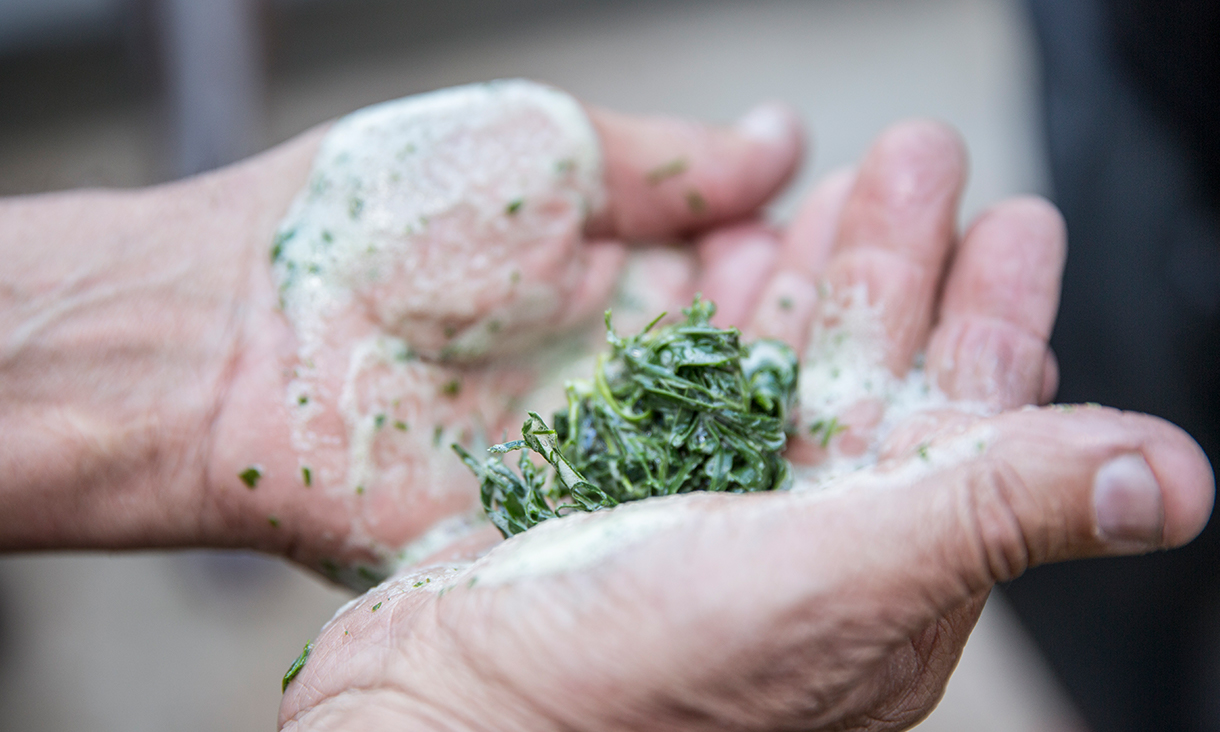Reconciliation is about building better relationships between the wider Australian community and Aboriginal and Torres Strait Islander peoples for the benefit of all Australians.
Australia’s First Peoples are among the oldest living continuous culture on earth. For more than 60,000 years the relationship that Aboriginal and Torres Strait Islander people have with the land, water and each other, is connected on a level that could benefit non- Indigenous people in creating a mutually beneficial future.
Through reconciliation, connecting and building on a new way of knowing, understanding and working, this can help strengthen what will be a better relationship with Indigenous and non-Indigenous peoples.
On our journey toward reconciliation, RMIT implemented our first Reconciliation Action Plan (RAP) (PDF 2.22 MB 34p) in 2016 during National Reconciliation Week.
Through the implementation of our first RAP, RMIT has made great progress which has been willingly embraced by the RMIT community. RMIT’s community views reconciliation as a significant change in how we see ourselves.
These foundations helped to create our second Reconciliation plan, Dhumbah Goorowa, which will develop deep mutual relationships, respect and opportunities in a shared reconciled journey towards an equitable future.
“Dhumbah Goorowa, our second Reconciliation Plan, is our exciting next chapter. It helps makes essential changes that will redefine our relationship working with, and supporting the Aboriginal and Torres Strait Islander communities in their self-determination journey. As we seek to create an RMIT that values a shared future with Aboriginal and Torres Strait Islander peoples, knowledges, and cultures, we’re confident that our second Reconciliation Plan puts this goal firmly at our centre”. Martin Bean CBE, Vice-Chancellor and President.
Dhumbah Goorowa, means ‘commitment to share’ in the language groups of the Woi wurrung and Boon wurrung peoples of the eastern Kulin Nation.

RMIT strives to be a transparent organisation whose community recognises the fundamental significance of Aboriginal and Torres Strait Islander traditions, heritage, knowledges and perspectives to and within the University.
We are willing to learn and embrace the opportunities that will help to enrich and benefit all staff and students.
We aim to position ourselves as both an employer of choice and preferred place to study for Aboriginal and Torres Strait Islander peoples.
Our aspiration is to lead in the areas of reconciliation by:
- Committing our University to the goal of creating an Australia that provides equal life chances for all
- Ensuring all staff and students are treated with dignity and respect
- Engaging Aboriginal and Torres Strait Islander peoples meaningfully to work towards a shared future
- Promoting a learning and research environment that engages a working partnership and values Aboriginal and Torres Strait Islander knowledges, cultures and diversity
- Increasing the numbers of students from Aboriginal and Torres Strait Islander backgrounds obtaining post-school educational qualifications, as a means of obtaining economic empowerment and independence.
RMIT’s commitment to reconciliation with Indigenous Australians is a core value of who we are and is essential to successfully achieving our vision and mission.
- We have a profound responsibility to use all the university’s resources to advance the self-determination of Aboriginal and Torres Strait Islander peoples’.
- Our goal is to embed reconciliation in our values and to continue to mature our reconciliation journey through our ways of knowing, doing and being on Country.
National Reconciliation Week is celebrated across Australia each year – between 27 May and 3 June. The dates commemorate two significant milestones in the reconciliation journey - the anniversaries of the successful 1967 referendum and the High Court Mabo decision.
The week is a time for all Australians to learn about our shared histories, cultures and achievements and to explore how each of us can join the national reconciliation effort.
27 May 1967 – Marks the anniversary of Australia’s most successful referendum and a defining event in our nation’s history. The 1967 referendum saw more than 90 per cent of Australians vote to give the Commonwealth the power to make laws for Aboriginal and Torres Strait Islander peoples and recognise them in the national census. 2017 marks the 50th anniversary of the 1967 referendum.
3 June 1992 – The High Court of Australia delivered its landmark Mabo decision, which legally recognised that Aboriginal and Torres Strait Islander peoples have a special relationship to the land - that existed prior to colonisation and still exists today. This recognition paved the way for land rights called Native Title. This year marks the 25th anniversary of the Mabo ruling.
The theme for National Reconciliation Week 2019 is “Grounded in Truth. Walk Together with Courage."
The week was a chance for all of us to take some fresh action to spark a change in colleges, schools, portfolios and communities - no matter how big or small.
The University has a particular commitment to Aboriginal and Torres Strait Islander staff and students, articulated through the Aboriginal and Torres Strait Islander Employment Plan 2016-2020 (PDF 11.9 MB 11p) and the work of the Ngarara Willim Centre in supporting student application and enrolment.